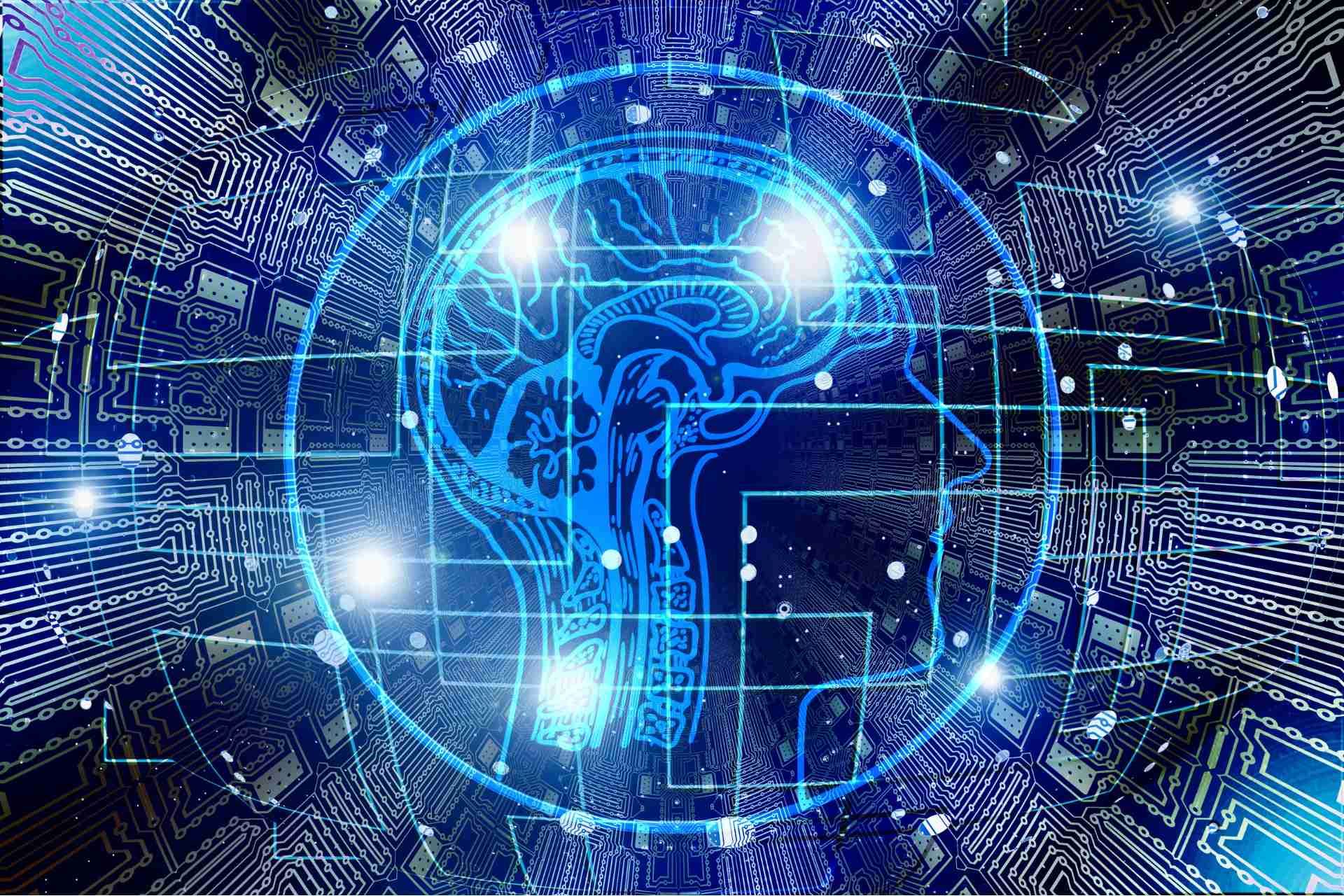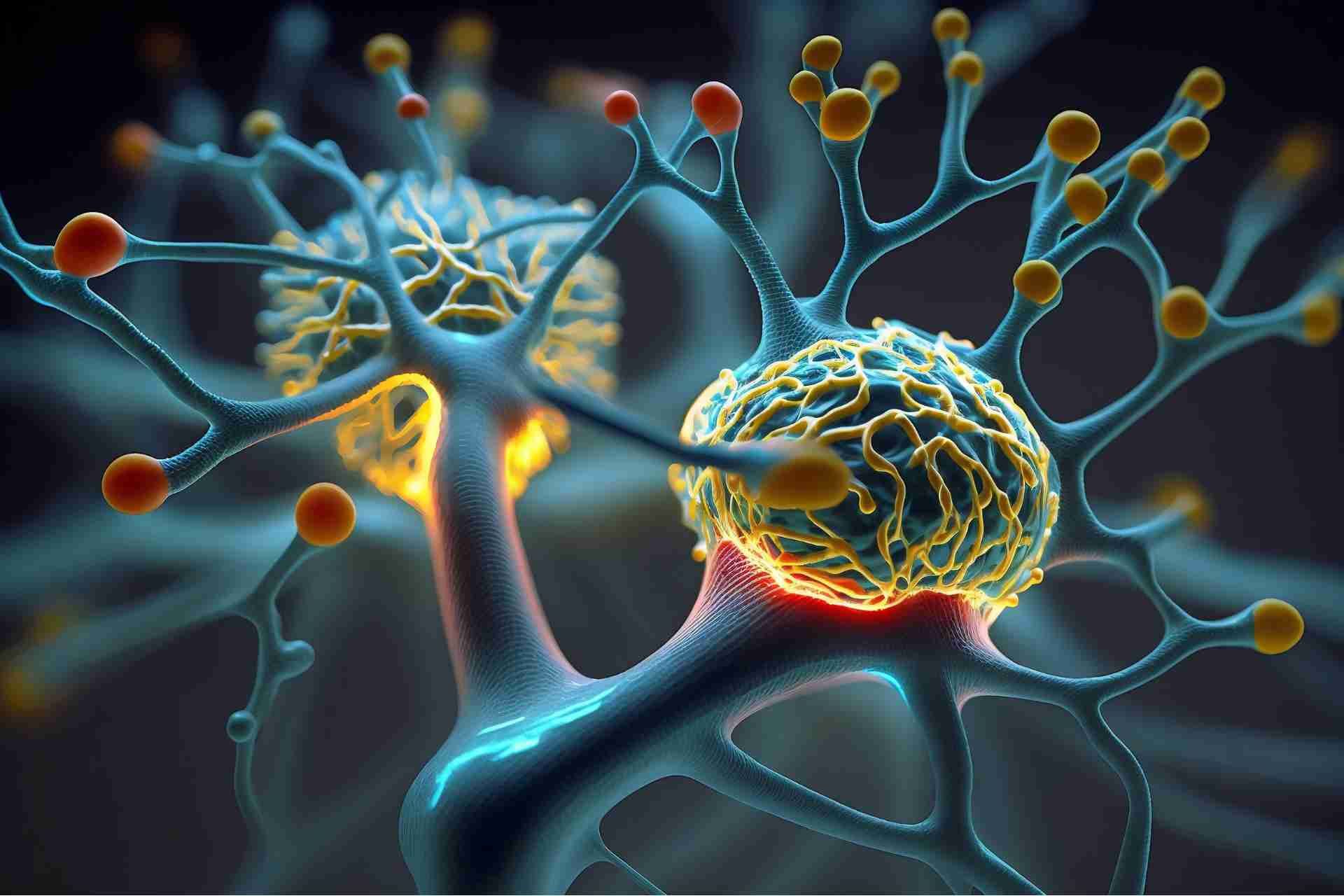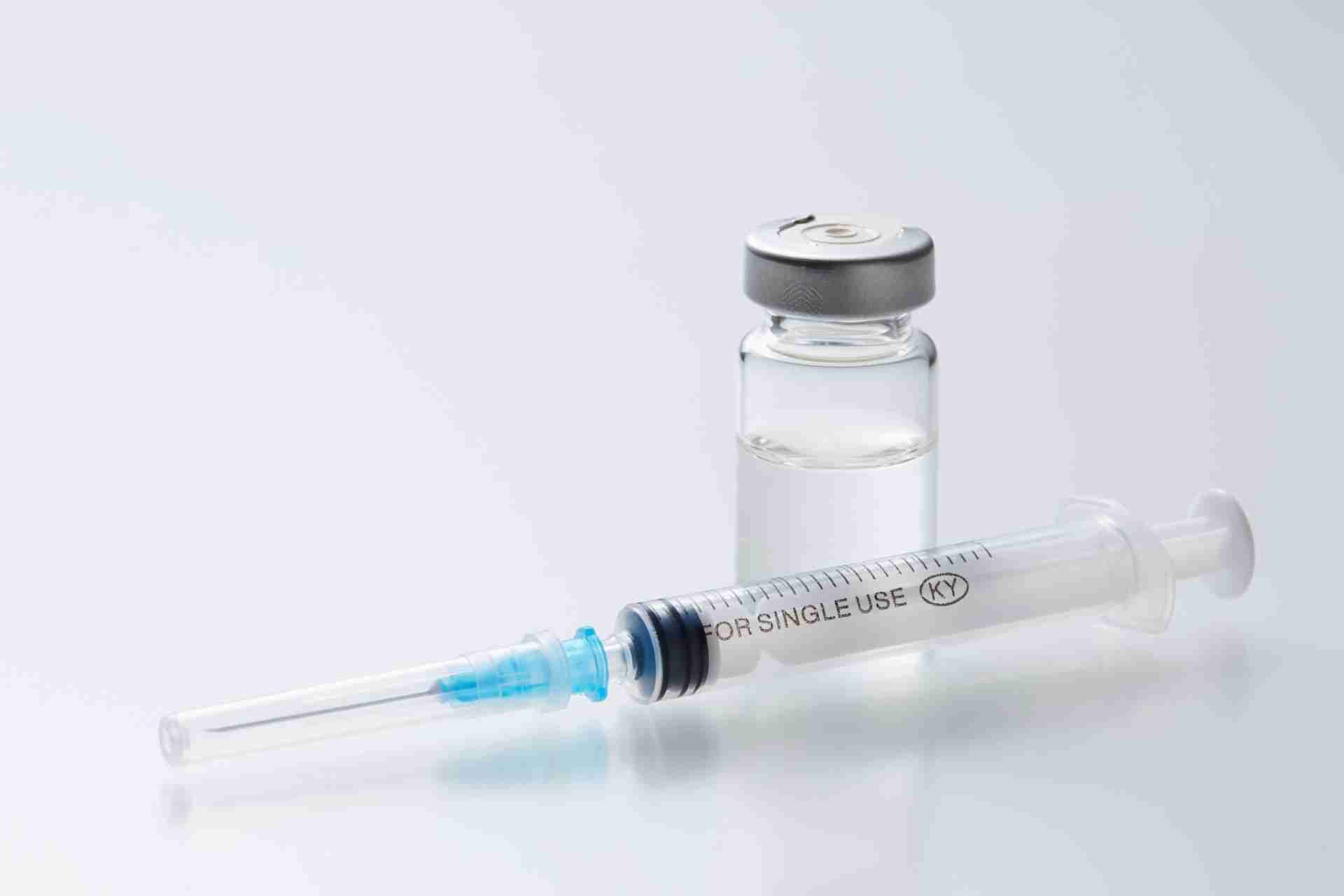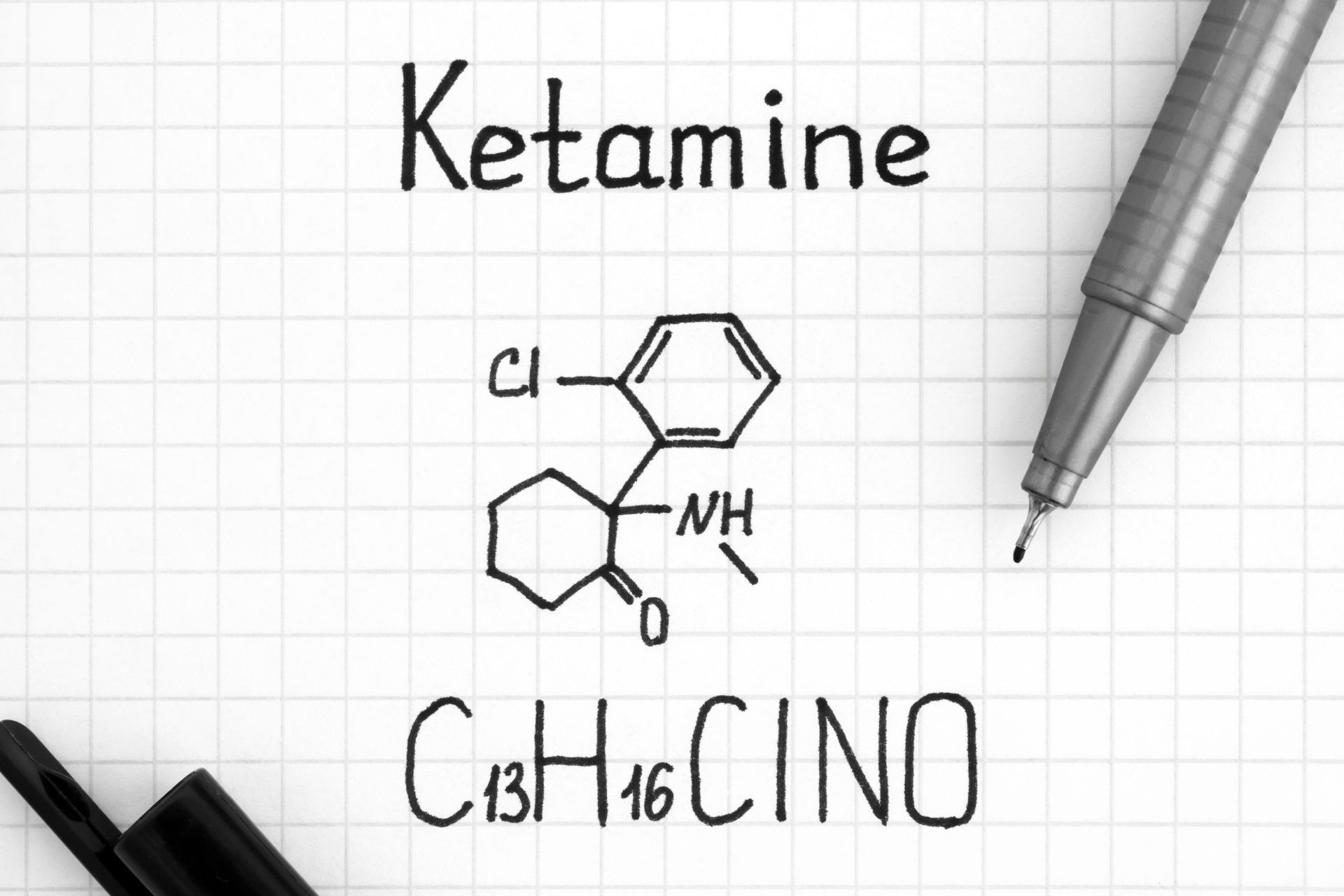Ketamine vs. Psychedelics: Understanding the Differences

When it comes to mental health treatments, ketamine and psychedelics present distinct options worth exploring. Each has its own mechanisms and therapeutic applications that can address various conditions. You might find yourself wondering how these substances differ not just in effect but also in their underlying science. Understanding these nuances could lead to better-informed choices about your mental health journey. What's the real impact of these treatments on your well-being?
Overview of Ketamine and Psychedelics
Ketamine and psychedelics represent two distinct yet fascinating approaches to mental health treatment and exploration. You might find ketamine's rapid-acting properties intriguing, especially as it's typically used for depression and anxiety when other treatments fail.
Administered in clinical settings, its effects can be felt within hours, providing a swift respite from overwhelming symptoms.
On the other hand, psychedelics like psilocybin and LSD offer a different experience, often involving profound introspection and emotional breakthroughs.
These substances usually require more time for their effects to manifest, leading to longer sessions that encourage deep psychological exploration.
Both approaches challenge traditional mental health paradigms, yet they cater to different needs, opening up new avenues for healing and self-discovery.
Mechanisms of Action
While both ketamine and psychedelics target the brain's neurotransmitter systems, their mechanisms of action differ significantly.
Ketamine primarily acts as an NMDA receptor antagonist, inhibiting the action of glutamate, the brain's main excitatory neurotransmitter. This leads to a rapid increase in synaptic connections and a surge in brain-derived neurotrophic factor (BDNF), promoting neuroplasticity.
On the other hand, psychedelics like psilocybin and LSD primarily interact with serotonin receptors, particularly the 5-HT2A receptor. This interaction alters perception and mood by promoting a more interconnected neural network.
As a result, you might experience profound changes in consciousness and emotional processing. Understanding these differences helps you appreciate how each substance uniquely influences your brain and overall experience.
Therapeutic Applications
Given their distinct mechanisms of action, ketamine and psychedelics offer unique therapeutic applications for mental health treatment.
Ketamine is often used to rapidly alleviate symptoms of depression and anxiety, providing quick relief for those in crisis. You might find that its effects can be felt within hours, making it a valuable option for acute situations.
On the other hand, psychedelics like psilocybin and LSD are being explored for their potential to induce profound psychological shifts, helping you to process trauma and gain insights over a longer duration.
These substances often require a more structured setting, typically facilitated by trained professionals.
Both approaches have distinct protocols, catering to different needs in therapeutic contexts, thus enhancing treatment options for various mental health conditions.
Potential Benefits
Exploring the potential benefits of ketamine and psychedelics reveals promising avenues for mental health treatment. Both substances have shown rapid antidepressant effects, particularly in individuals with treatment-resistant depression.
You might find that ketamine can provide relief within hours, while psychedelics, like psilocybin, often foster profound insights during sessions. Such experiences can lead to lasting changes in mood and perspective.
Additionally, these treatments may enhance emotional processing and improve your ability to cope with stress. Research suggests they can help alleviate anxiety and PTSD symptoms, too.
Risks and Side Effects
Although both ketamine and psychedelics offer potential benefits for mental health, it's crucial to be aware of their risks and side effects.
With ketamine, you might experience dizziness, nausea, or dissociation. Long-term use could lead to bladder issues or cognitive impairments.
On the other hand, psychedelics can trigger anxiety, paranoia, or unsettling hallucinations, especially in those predisposed to mental health disorders. While the intensity of these experiences can be transformative, they can also be overwhelming.
It's important to approach both substances with caution, ensuring you're in a safe environment and ideally under professional supervision.
Legal Status and Accessibility
Understanding the risks and side effects of ketamine and psychedelics is only part of the equation when considering their use for mental health. Their legal status and accessibility play crucial roles too.
Ketamine is FDA-approved for treatment-resistant depression, making it more accessible in clinical settings. You can find ketamine clinics in many areas, often with straightforward processes for treatment.
On the other hand, psychedelics like psilocybin and LSD remain largely illegal in most parts of the world, though some regions are starting to decriminalize them. This limited legal status can make accessing these substances challenging.
Always stay informed about local laws, as the landscape is changing rapidly, and new research is prompting discussions on their therapeutic potential.
Personal Experiences and Insights
When you delve into personal experiences with ketamine and psychedelics, the stories often highlight both the transformative potential and the unique challenges of these substances.
Many users report profound insights and emotional releases, feeling a deep connection to themselves and the world around them. With ketamine, you might find rapid relief from depression or anxiety, but some describe a feeling of dissociation that can be unsettling.
Psychedelics, on the other hand, often lead to intense visual and emotional journeys, which can be enlightening but also overwhelming. You may wrestle with challenging thoughts or feelings during these experiences, and integration afterward is crucial.
Ultimately, understanding your own responses and setting intentions can significantly shape your journey with either substance.
Conclusion
In summary, both ketamine and psychedelics play valuable roles in mental health treatment, each offering unique approaches to healing. While ketamine provides quick relief for acute symptoms, psychedelics encourage deep emotional exploration and insight. Understanding their differences helps you choose the right option for your needs. As research continues to evolve, staying informed about these therapies can empower you to make informed decisions about your mental well-being and treatment journey.










